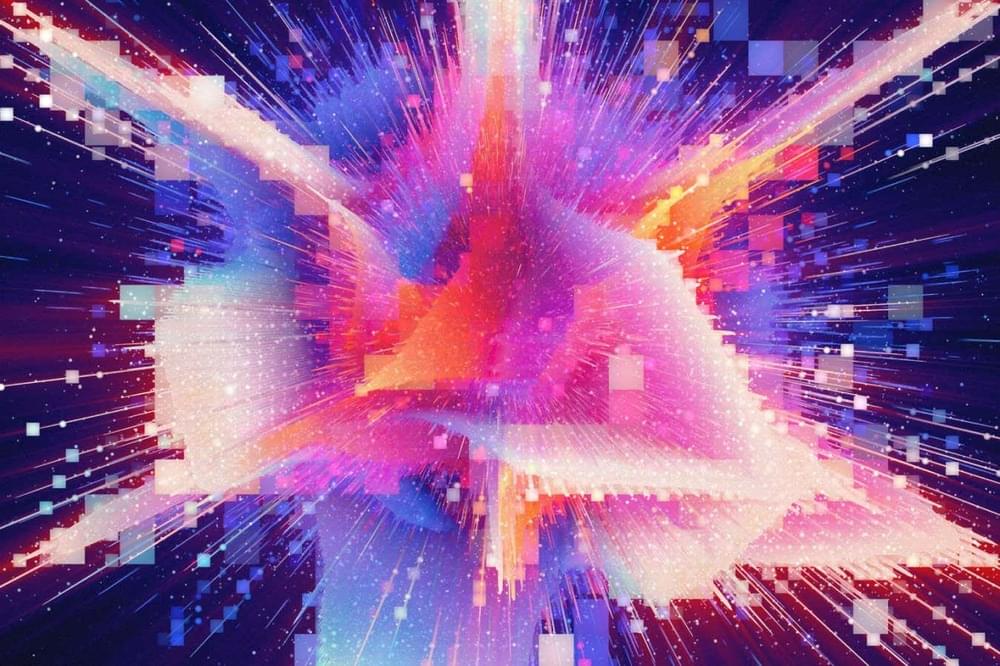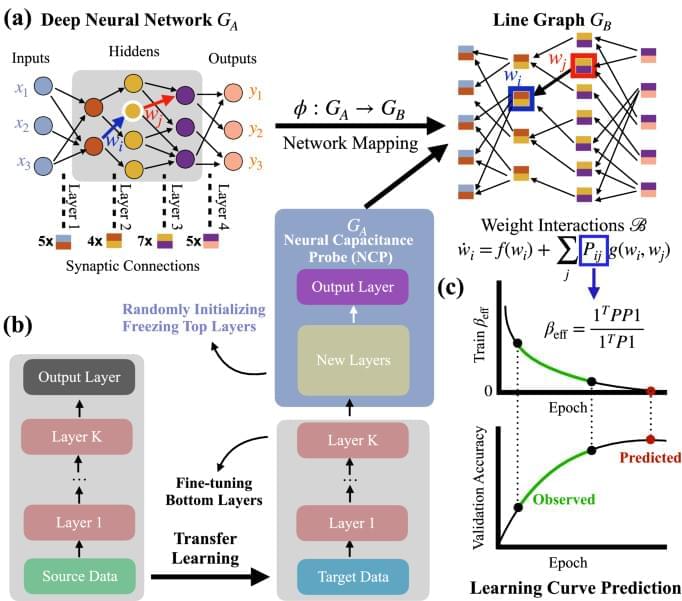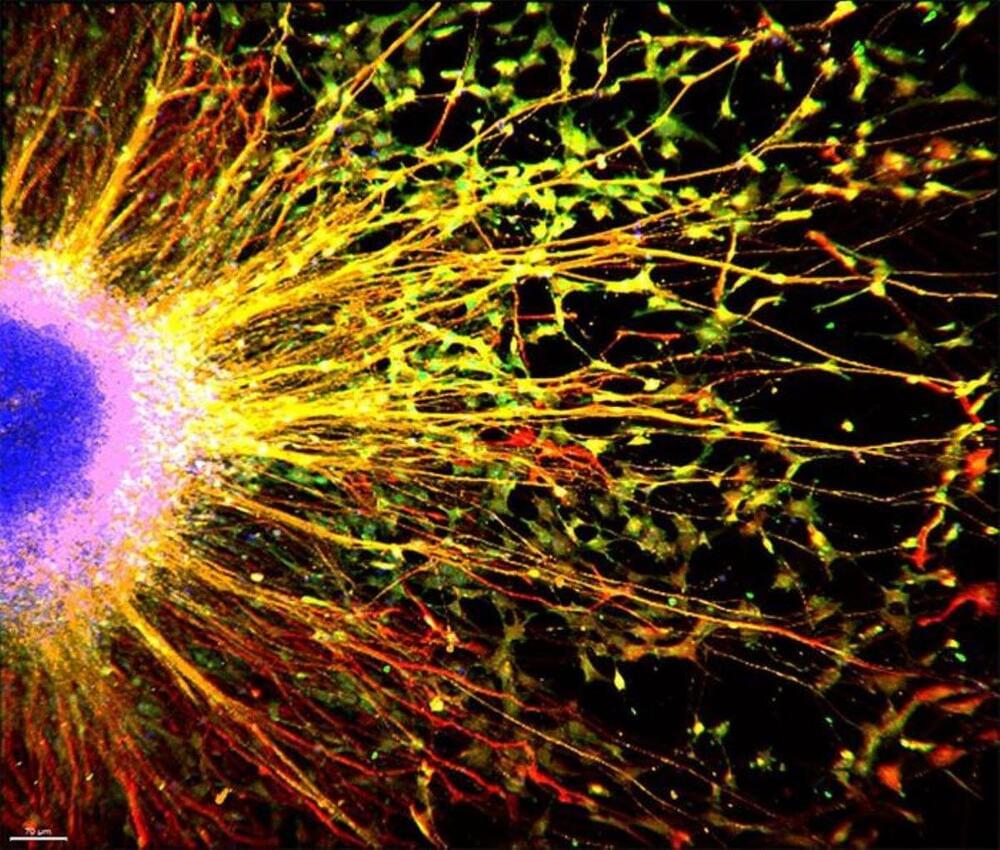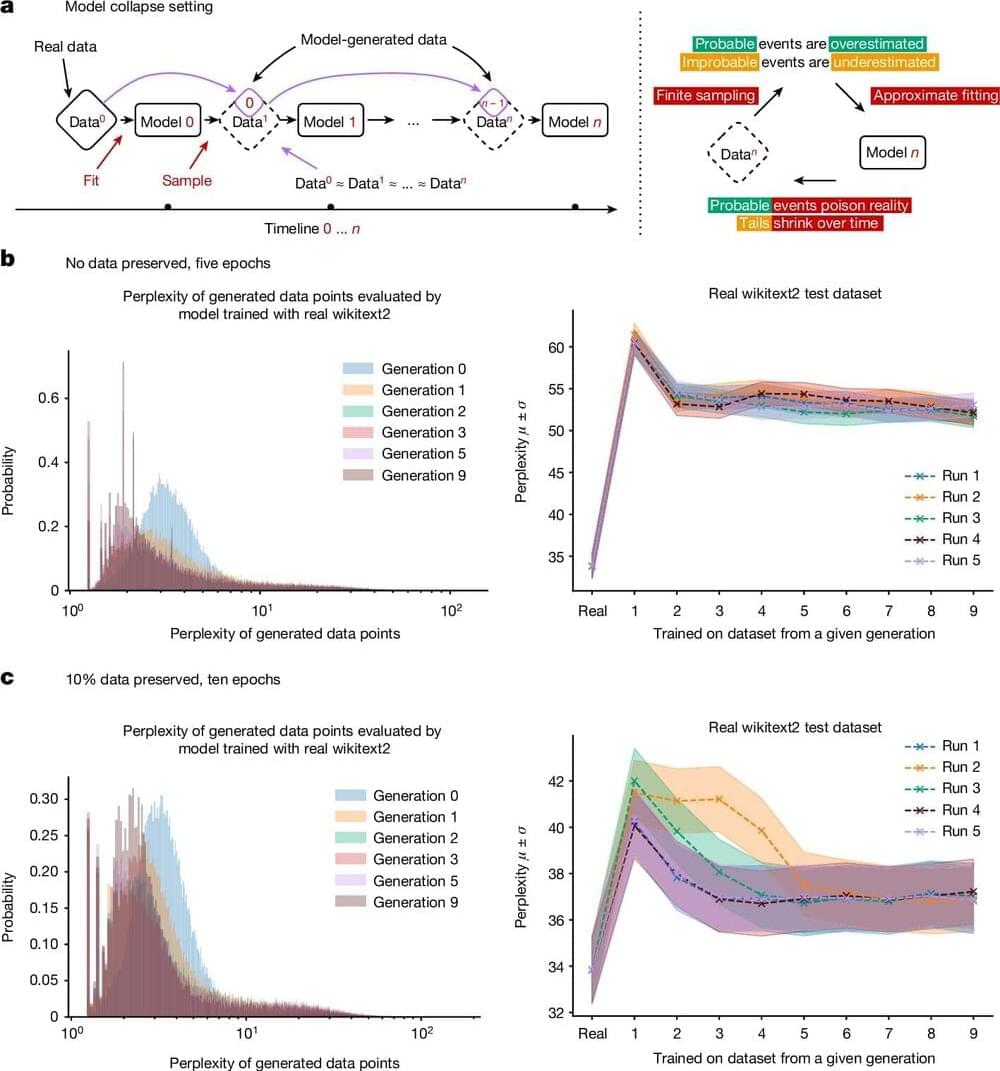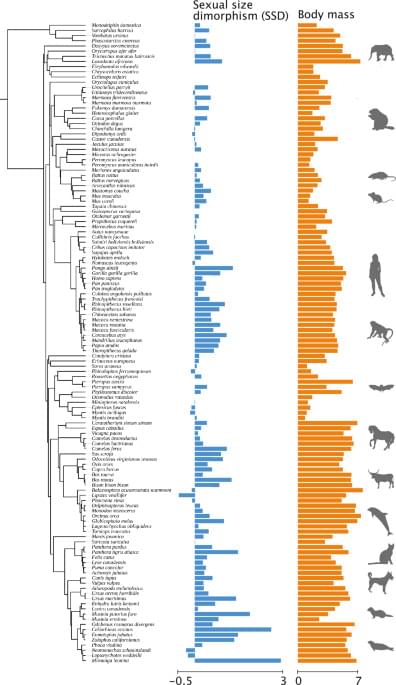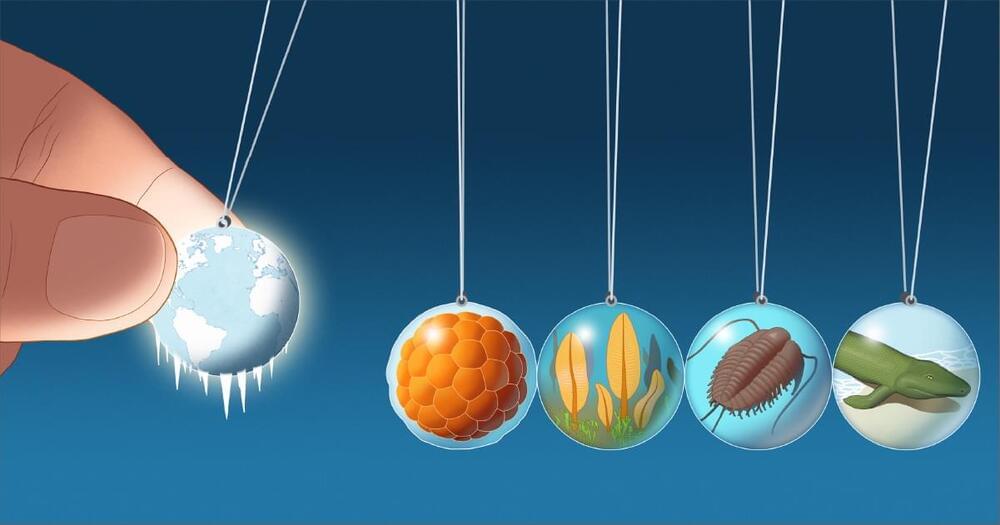Jul 25, 2024
OpenAI announces SearchGPT, its AI-powered search engine
Posted by Cecile G. Tamura in category: robotics/AI
SearchGPT is just a “prototype” for now. The service is powered by the GPT-4 family of models and will only be accessible to 10,000 test users at launch, OpenAI spokesperson Kayla Wood tells The Verge. Wood says that OpenAI is working with third-party partners and using direct content feeds to build its search results. The goal is to eventually integrate the search features directly into ChatGPT.
It’s the start of what could become a meaningful threat to Google, which has rushed to bake in AI features across its search engine, fearing that users will flock to competing products that offer the tools first. It also puts OpenAI in more direct competition with the startup Perplexity, which bills itself as an AI “answer” engine. Perplexity has recently come under criticism for an AI summaries feature that publishers claimed was directly ripping off their work.


